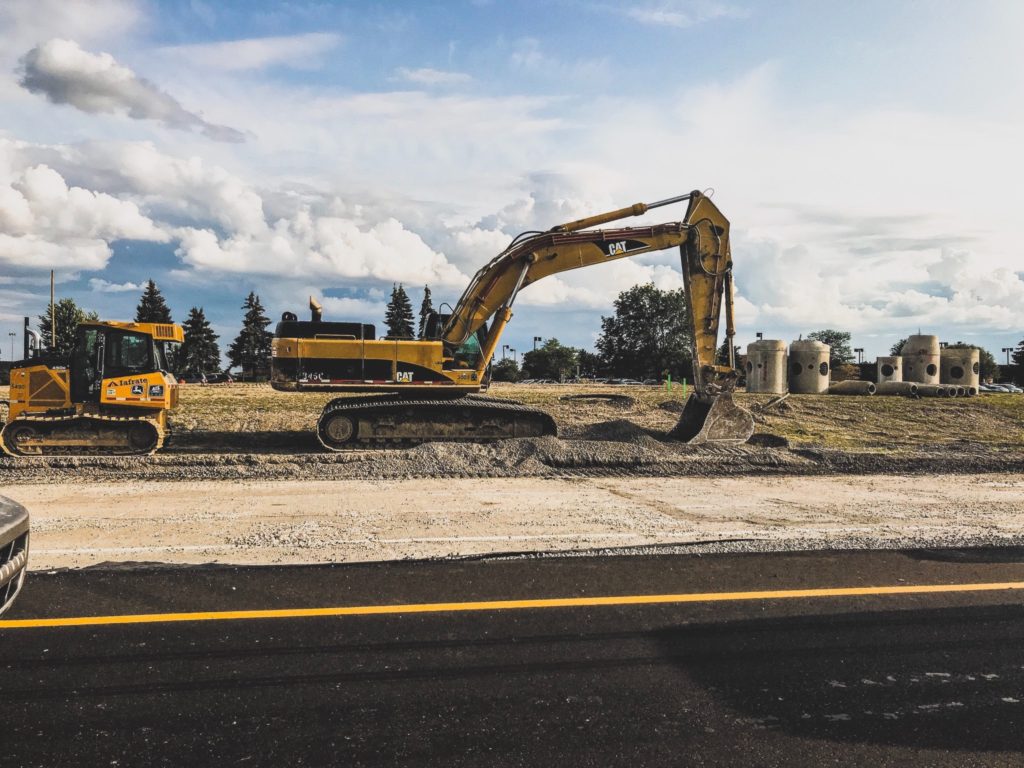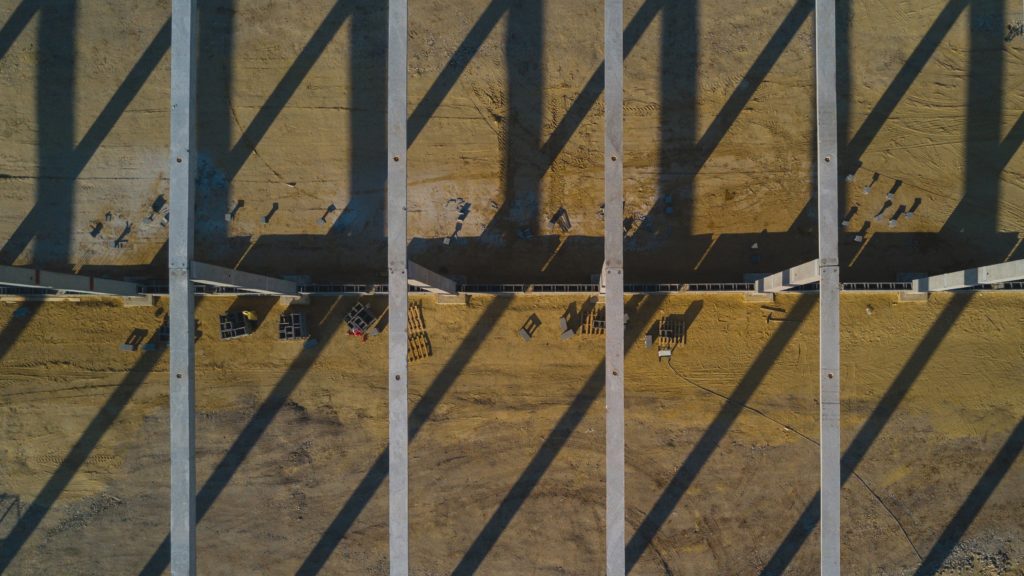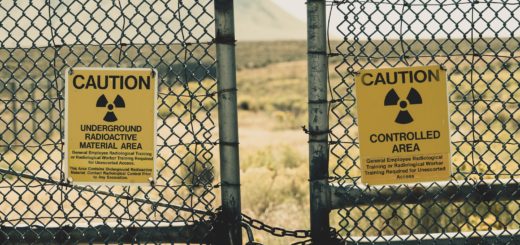Field Density Testing Tips: Know Your Client
In this article, I will give you a few field density tips that can help you when you’re on site. They aren’t technical or organizational tips but are based on your relationships with your client. Geotechnical field testing is an important aspect of construction and one that can lead to a lot of delays. As a geotechnical technician or new engineer in training, make sure you represent your company well.
Why Your Client Matters
Do you know who has hired your firm to perform field density testing on the site you’re booked in tomorrow? How do you know how to interact with and treat the contractors on the site you’ve been assigned? Are you there to keep the contractor in check, or are you there to give the contractor peace of mind? These questions highlight how important it is to know who has hired your firm to provide geotechnical materials testing services.
Depending on who your client is, you should behave, and treat the contractors differently. I don’t mean to suggest that you ever be rude or dismissive of contractors, but if they have hired your firm you should be well aware and do your best to keep them happy.

Contractor Has Hired Your Firm For Geotechnical Field Testing
This happens a lot on larger projects. Usually, the owner will stipulate in their contract that the general contractor is to employ the services of a materials testing firm. This puts us in an awkward position, at the intersection of business and engineering.
On one hand, you want every test to pass and everything to go quickly because the contractor who hired you wants to get the job done as soon as they can and you want to get hired by them again. On the other hand, it is your responsibility as a professional to monitor their work closely and make sure that the parameters laid out in the plans are met in the field. How do you balance the two?
When attempting balance, it’s important to have the whole picture.
Watch the contractor work and monitor how thorough they are. Make sure their compaction machine is big enough for the size of the lifts they are using. If they’re employing good work practices, and they’ve told you they’re ready for a test, let them know that you expect good results. If you do get good results, awesome! Nothing to worry about. But that doesn’t always happen. When you do get some failing results, let them know. They will be disappointed, but you can offer a compromise.
I think a good compromise is taking more nuclear density tests when you have failing readings below the specified percentage of the Standard Proctor Maximum Dry Density (SPMDD). So, just take a few extra tests. If you’re getting consistent passes with just a couple fails, it is alright to move the project along.
If you’re failing anything more than 20% of the tests, I would fail the lift and ask them to compact again real quick.

Try to be friendly with the guys in the crew. It reflects well on your company and makes the entire experience better for all. Most importantly, be collaborative. Tell them how they can pass quicker, how they can improve, and how they can save time. Doing these things will make contractors love your company, and want to bring you on again and again.
Owner Has Hired Your Firm For Geotechnical Field Testing
If the owner of the proposed development has engaged your company to provide materials testing services, you will need to be a lot more strict. You should still help the contractors pass their lifts as quickly and efficiently as possible, but almost no leniency should be given. If you hear otherwise from the owner you can follow their orders, but you should toe the line exactly when hired by an owner.
Essentially, you’ll want to act the same way you would if it were the contractor that hired you, only you won’t go out of your way to help them pass a lift by taking extra tests. This usually leads to them not liking you so much, but don’t let that influence your testing. You are there to uphold the owner’s standards.

